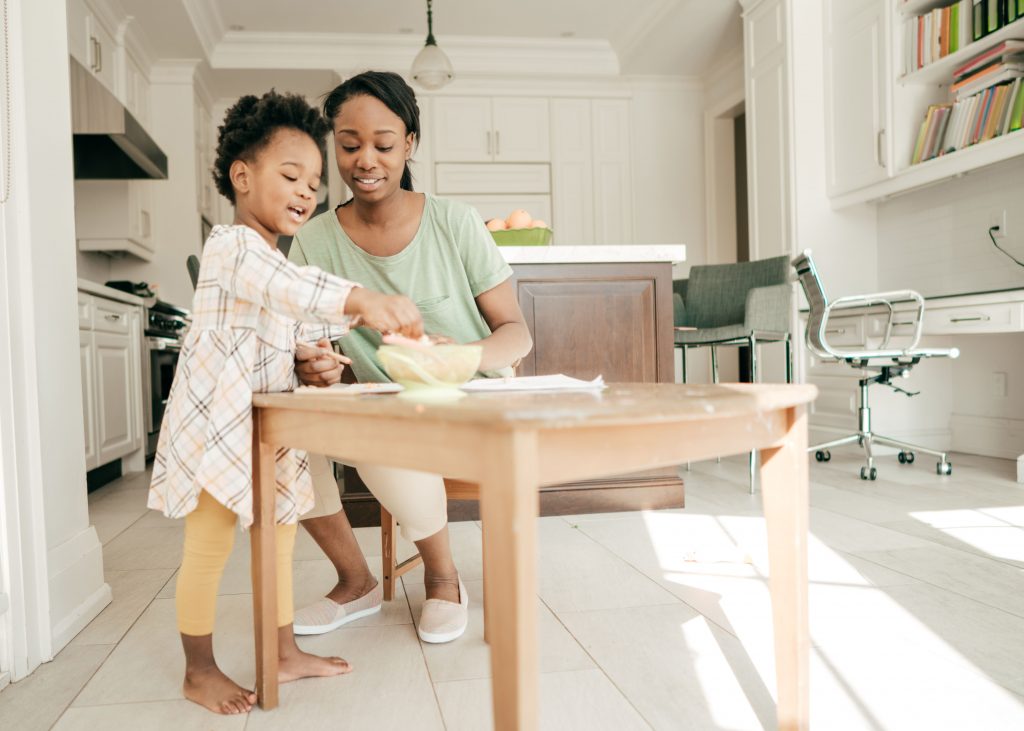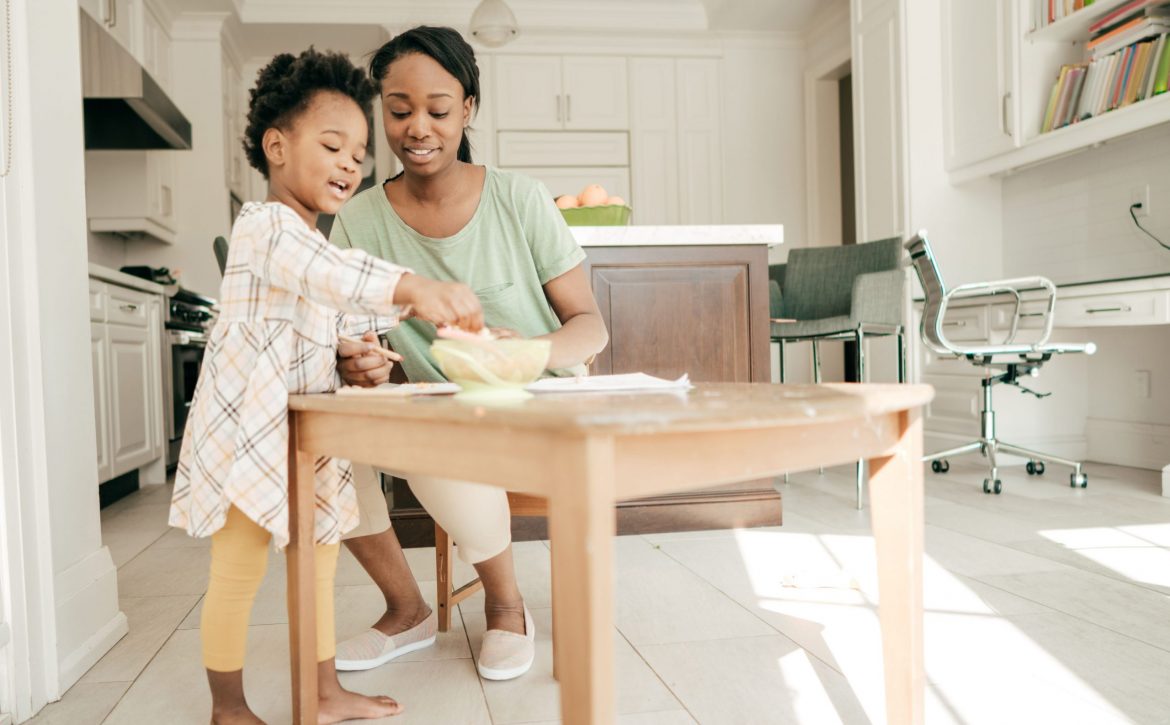Play Sparkler to Grow Your Little One’s Big Heart

Parents and caregivers tell us at Sparkler that one of their biggest areas of concern is their children’s social and emotional development. About a quarter of families who complete the ASQ:SE-2 on Sparkler — a screening tool focused on social and emotional development — raise concerns about their children’s behaviors and personal-social skills. Sparkler makes many play activities and parenting tips available to help families support their children’s development in this important domain. Here are some ideas to get you started:
Social Development
Empathy: Even at a young age, children can start to develop empathy by caring for others — family members, friends or even stuffed friends.
- Nighty Night: Help your stuffed animals get ready for bed
- Cheek to Cheek: Listen to your favorite songs and dance together
Trust: When you play together, read together, and spend time together, you build a trusting relationship!
- One Line, Two Hands: Collaborate to draw a picture together
- Pillow Cloud: Lie on a pillow together and talk about the texture
Emotional Development
Feelings: Learning about the feelings helps children to understand what they are feeling.
- Read the Room: Look for feelings clues
- Feelings Mirror: Make feelings faces while looking in the mirror … and discuss!
Identity: Understanding yourself is a lifelong journey that starts in early childhood. Talking with your child about who he/she is, what he/she likes, and other aspects of “self” — like family and community — help to develop an understanding of identity.
- Dress Up: Dress up as a member of the family!
- Family Album: Make a book about your family
Self-Regulation: Self-regulation helps people manage their emotions. Parents can help children learn skills to manage their feelings.
- Stress Ball: Make a stress ball with a balloon
- Freeze Dance: Play freeze dance
- Just Breathe: Practice taking deep breaths
Outlook
Curiosity: Playing “I wonder games” and exploring places and ideas helps children to develop curiosity.
- Veggie Taste and Guess: Vegetable taste test
- Go See the World: Go explore someplace new!
Persistence: Persistence helps children stick with activities even when they are challenging. Practicing activities that take time can help to develop this skill.
- Grow, Turnip, Grow: Sprout your own plant
- Button Hunt: Search for 5 buttons
Independence: As children grow older, they can do more and more independently if they’re given the chance to try. Introduce age-appropriate ways to practice independence.
- Library Visit: Ask the librarian for a book on your favorite topic
- Brush Your Teeth: Practice brushing your teeth



